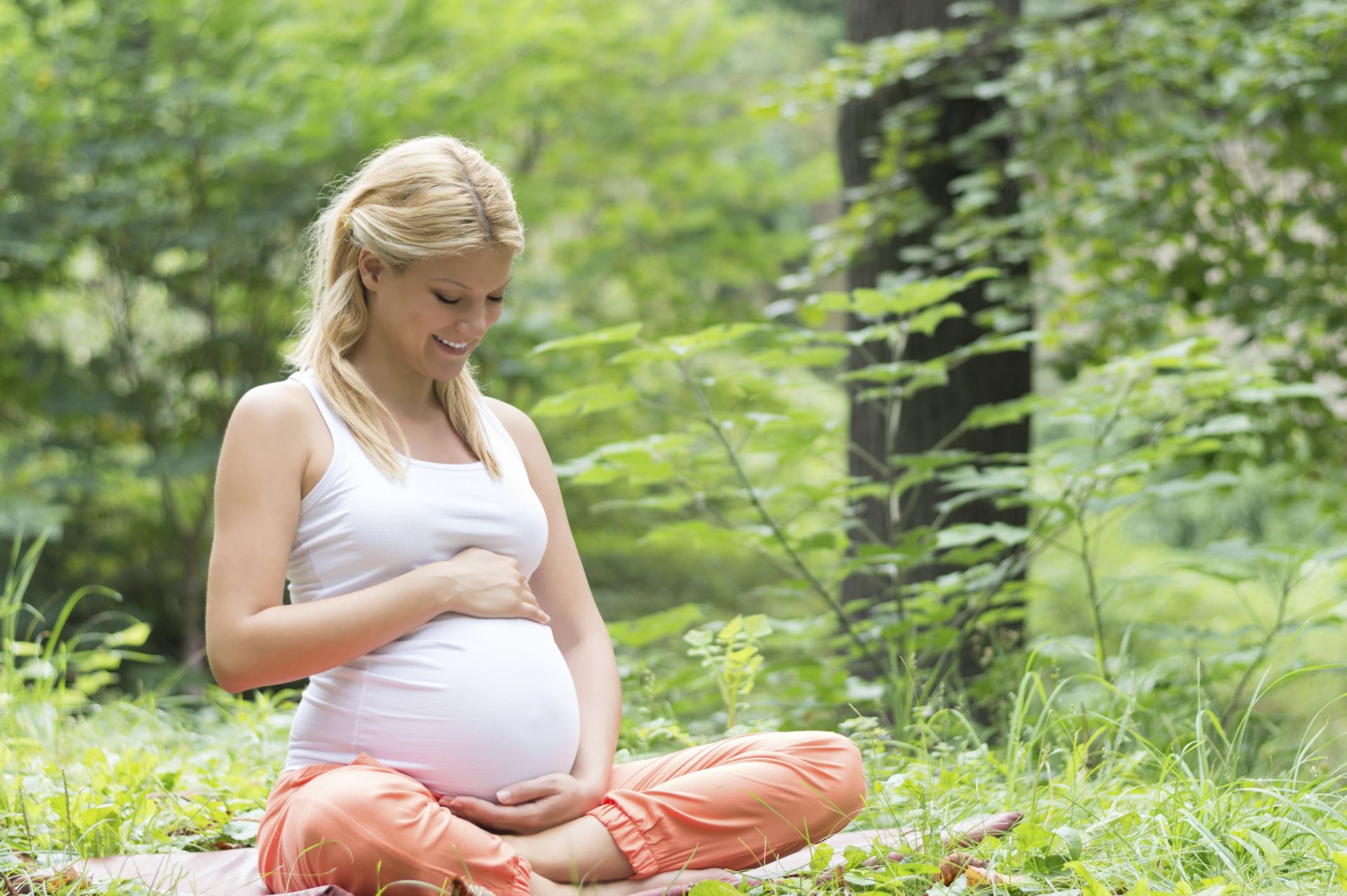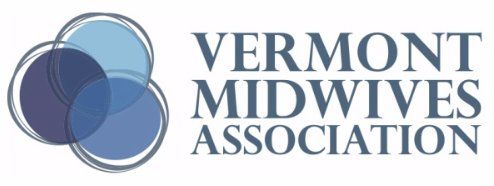Tips for a Healthy Pregnancy
A child’s most critical development occurs while in the womb.
This is a time when a mother must take proactive steps against harmful toxins. The first step is being aware of where they exist and how to avoid them. Follow these tips for a happier and healthier pregnancy!
This is a time when a mother must take proactive steps against harmful toxins. The first step is being aware of where they exist and how to avoid them. Follow these tips for a happier and healthier pregnancy!

Food & Food Preparation
- Fish is some of the healthiest food you can eat, but it’s important to choose wisely.
- Avoid fish high in mercury: King mackerel, marlin, shark, swordfish, tilefish, tuna steak, striped wild bass, alewife, bluefish, shad, imported wild sturgeon, or weakfish.
- Choose the following fish lower in mercury: Wild salmon, sardines, anchovies, Atlantic herring, Dungeness crab, Pacific cod, Alaskan black cod, farmed striped bass, tilapia, farmed catfish, clams, mussels, and Pacific oysters. - Eat organic food as much as possible, especially when choosing foods found to be most contaminated with pesticides: peaches, apples, sweet bell peppers, celery, nectarines, strawberries, cherries, pears, grapes (imported), spinach, lettuce, and potatoes.
- Avoid
canned foods as much as possible. Linings in cans may leach bisphenol A (BPA), a chemical that mimics estrogen. Eden Organic offers canned food with BPA-free linings.
- Choose
low-fat meat and dairy products, since many chemicals build up in fat.
- Avoid
clear water bottles (in any color) that are labeled #7 on the bottom. These bottles are typically made of polycarbonate, which may leach bisphenol A.
- Choose
water bottles made of uncoated stainless steel or cloudy plastic instead.
- When reheating food. Opt for containers labeled as microwave-safe such as those made of glass or ceramic materials. Try using parchment paper, wax paper. Or white paper towels to cover containers rather than plastic wrap.
- Avoid
non-stick or Teflon-coated cookware, which may release toxic compounds. Choose stainless steel, glass, cast iron, or ceramic cookware instead.
- Avoid
microwave popcorn. The inside of the bag is often coated with toxic chemicals that may leach into the popcorn.
- Avoid
fast foods, as fast-food containers may be lined with “Teflon chemicals.”
Personal Care
- Choose
fragrance-free personal care products, and consider giving up perfumes, nail polish, and hair dye, which may contain harmful chemicals.
- Choose
cosmetics and personal products from companies committed to safer products. Like Burt’s Bees, Avalon, Aubrey Organics, and California Baby.
- Avoid
hand soaps marketed as ‘antibacterial’: scrubbing hands with hot water and plain soap is just as effective, and the overuse of antibacterial products can lead to germs that are harder to kill.
- Avoid
clothing, shoes, and boots made with vinyl/PVC/ If you can, also avoid those treated with Gore-Tex or other “Teflon chemicals.”
- Choose
rubber and vinyl-free materials such as nylon and polyester.
Pest Control
- Avoid
bug killers, weed killers, and other pesticides in the home or garden. Focus on preventive techniques, and learn about easy non-toxic at www.watoxics.org.
Cleaning
- Try green cleaning recipes using liquid soap, baking soda and vinegar, or these safer brands: Seventh Generation, Bi-O-Kleen, and Country Save.
- Leave shoes at the door and try to vacuum once a week. Toxic chemicals from both indoors and outdoors can build up in household dust.
* The preseding is used by courtesy of Washington Toxics Coalition / watoxics.org
